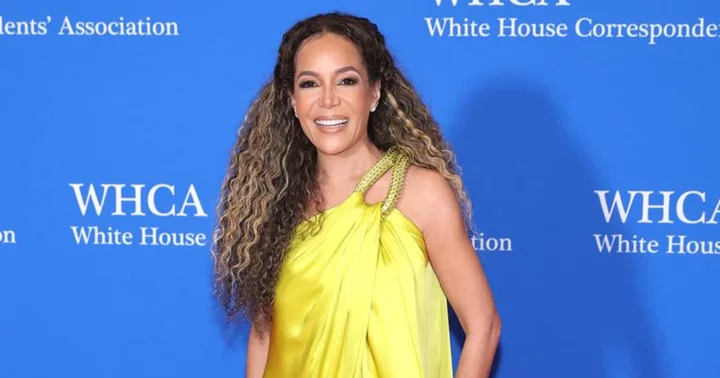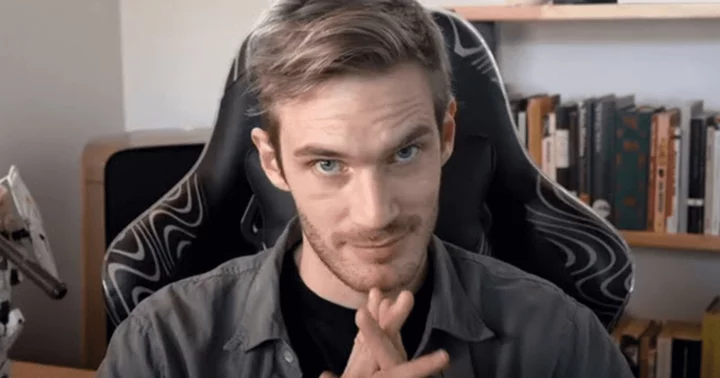LOS ANGELES, CALIFORNIA: Emily Blunt who "still would consider" herself a stutterer opened up about her ongoing struggle with stuttering.
During the recent Variety's Power of Women event presented by Lifetime in Los Angeles, the 40-year-old star said, "Certain words will get stuck," and elaborated that the word, "' phone,’ [is] a bit of a nightmare."
Emily Blunt is grateful to shed light on stuttering
The 'Quiet Place' actress candidly spoke about her battle with speech disorder since childhood while she accepted the Alumni Award for her work with the American Institute for Stuttering with whom she first teamed up 17 years ago.
"I'm so grateful to accept this tonight," said Blunt, adding "To be here with these amazing women with their t*** out. Get your t*** out. Amazing! Just to shed just a bit more light on stuttering!."
“I am grateful to shed light on [stuttering] because it is a disability that lives very often in the shadows alongside its great friends: fear and shame and humiliation,” Blunt continued.
The 'Pain Hustlers' further added that "stuttering affects about three million Americans."
What is stuttering?
Stuttering is a speech disorder that "involves frequent and significant problems with normal fluency and flow of speech. People who stutter know what they want to say, but have difficulty saying it," according to the Mayo Clinic.
The National Institute of Health states that though 75% of children outgrow stuttering, the "remaining 25 percent who continue to stutter, stuttering can persist as a lifelong communication disorder."
Emily Blunt says stuttering can affect one's sense of self-worth
Blunt said that stuttering can severely impact an individual's sense of self-worth.
"It's nearly always misidentified as a nervous disposition or a psychological issue. This is wrong. This is wrong. It is neurological, it's biological, it's often hereditary, and it's not your fault," the actress explained.
"These are facts I just wish I had known early on because I stuttered brilliantly for years and all through my childhood," she added.
Blunt then revealed that "environments challenge me if I'm scared or if I'm under pressure to persuade or convince."
"Don't ever ask me to pitch you anything ever. I think maybe I'm not sure to this day how much verbal flippity-flops I do to substitute words that are easier to say than others," she said.
Speaking about how the disorder limits one's opportunities, Blunt said, "It can limit you from getting a job no matter how qualified you are because you could be deemed unconvincing or off-putting or unintelligent."
"It can limit children from finding meaningful relationships, being bullied and cast out," she said.
"It can limit you from finding love. And so the list of limitations of not being able to speak puts on you are far-reaching and they're traumatizing," she added, according to People.









